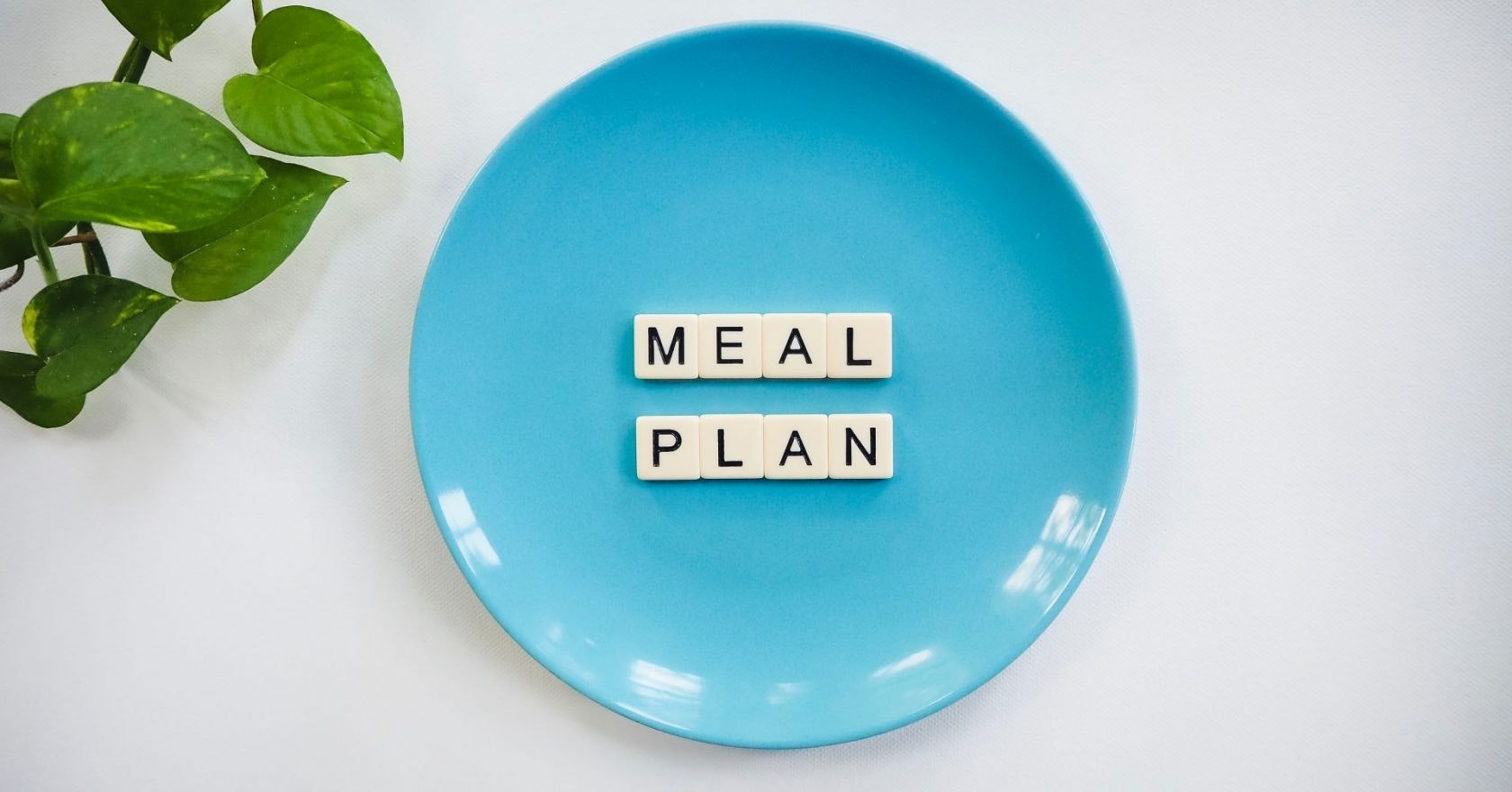
A personal trainer can be an essential helping hand to starting and sticking to a regime – but are they the right person to be giving you appropriate nutritional guidance?
The tumultuous last few years saw an increasing number of us turn our attentions towards a fitter and healthier lifestyle.
Research by RunRepeat found that people who only exercised casually upped their level of exercise by 88% during lockdown – and many of us who caught the fitness bug during the coronavirus pandemic may be looking to step things up a gear now gyms are open.
Having a personal trainer, while expensive, can be vital in helping you start a new regime, especially if you’re looking to up the ante. The number of PTs in the UK has risen by 40% in the last decade, with 12.5% of gym-goers getting some extra coaching from fitness gurus.
But while personal trainers can be a godsend when it comes to refining your technique, making your workouts more efficient and maximising your goals, what they may not be qualified to do is assign their clients’ strict meal plans.
It’s easy to assume that fitness pros will know exactly what we should be eating as well as how much we should be exercising. However, personal trainer and qualified nutritionist Eleanor Heaton-Armstrong explains fitness and food do not necessarily go hand in hand.
“The mandated information taught to entry-level PTs doesn’t really offer the depth of information required for anything other than the basics,” she explains. That might include things like how to break down macros and calories, but nothing about what an entire day of food should look like.
“Although a PT might have an in-depth and granular knowledge of food and how it works, many do not have medical training, and without knowing more about a client’s internal health, you may end up prescribing a diet lacking in certain macro or micro vitamins,” adds Heaton-Armstrong. “As a rule of thumb, a PT shouldn’t tell their clients they ‘must’ eat or cut out any food on the basis of their health.”
She also says that personal training tends to be so focused on results and aesthetics, rather than nutritional value. “As a lot of PTs like to focus on weight loss, there’s always a chance clients may end up on an unhealthy calorie deficit which could lead to long term damage,” she says.
The problem with unqualified nutrition advice
Sports dietitian Renee McGregor adds that the widespread availability of nutritional ‘advice’ online is concerning. Plus, the propagation of fads such as clean eating means that people are turning to those who aren’t qualified for guidance on plans that simply don’t work.
“The difficulty with nutrition is that everyone feels they are an expert and yet it is quite a complex science with many other things to consider,” she says. “It is not just as simple as energy in versus energy out or even proportion of macros. Nutrition for training is about understanding how all the different biological processes within the body interact and how nutrition composition, timing and amount fit into this network.
“When we simplify nutrition to just energy in and energy out, we don’t appreciate that the human body is hard-wired to prefer to be in a positive energy balance so if energy availability is too low, the body will go into compensatory behaviours and the individual will be at risk of negative consequences to their health.”

Having the wrong nutritional intake can do more than just screw up your fitness regime – fatigue, poor performance and even obsessive behaviours could manifest as a result.
“Poor nutrition can result in low energy availability and then relative energy deficiency in sport,” McGregor says. “I think it is also important for a PT to work with their clients to achieve realistic body aesthetics rather than ‘ideals’.”
Heaton-Armstrong adds: “Over-monitoring your diet and trying to be too ‘healthy’ can very easily stop being about your health and become an exercise in obsession and even an eating disorder.
“My advice to clients is always the same; listen to experts and not influencers, and eat what makes you happy. The ‘clean eating’ movement was a dangerous fad responsible for the steep rise in orthorexia and anyone who knows anything about food will tell you there is no such thing as a ‘clean’ food.”
What to ask your PT about food
There’s no legislation to stop PTs from giving you advice if you ask for it (and even if you don’t). But it is ethically dubious, as The Register of Exercise Professionals states that Level 3 Personal Trainers should not give prescriptive nutritional advice or develop bespoke nutrition plans tailored for individual clients.
“PTs should only provide general advice on healthy eating, rather than give specific, prescriptive advice. If PTs start giving nutrition advice to alleviate real or suspected medical conditions, then they are operating outside of their professional boundaries and may find themselves in trouble if problems with clients occur,” it says. Plus, there is the potential for civil disputes if they are believed to have overstepped their professional boundaries.
“It’s fine to ask a PT about things like digestion, energy in and energy out, what foods are nutrient-rich and what is good to avoid or eat more of if you’re trying to lose weight or bulk up,” Heaton-Armstrong says.
“There’s an important nuance between generic questions and questions that only a medical professional can answer. For example, a PT could offer insight into questions like, ‘What can I eat that is dense in vitamin D?’ However, a question to ask a qualified dietitian would be: ‘Will eating x-amount of vitamin D help me with my current ailment?’”
McGregor agrees that personal trainers are qualified to offer guidance, as opposed to steadfast rules. “I think it is absolutely fine for a PT to give some ideas and examples of meals/snacks that might be useful,” she explains. “For example, if a client admits that they find eating breakfast difficult before a training session, this would be a good place for a PT to emphasise the importance of fuelling and provide some simple ideas that are convenient and easily digestible.”
For those of you looking to match your food intake to your new training regime, it is vital that you consult with professionals who can give you appropriate advice and plans so you can adequately fuel your body.
“Always work with a sports dietitian or sports nutritionist. Check they are AFN registered and that they have specifically done the correct qualifications,” says McGregor. And Heaton-Armstrong adds that you should do your own research into who you want to take advice from.
“As with most science, different experts believe different theories, so the wider your research, the better equipped you will be. Just don’t make any drastic changes without consulting a medical professional, and always check your sources,” she says. And remember that you never have to put up with a trainer giving unsolicited advice.
Images: Getty
Source: Read Full Article